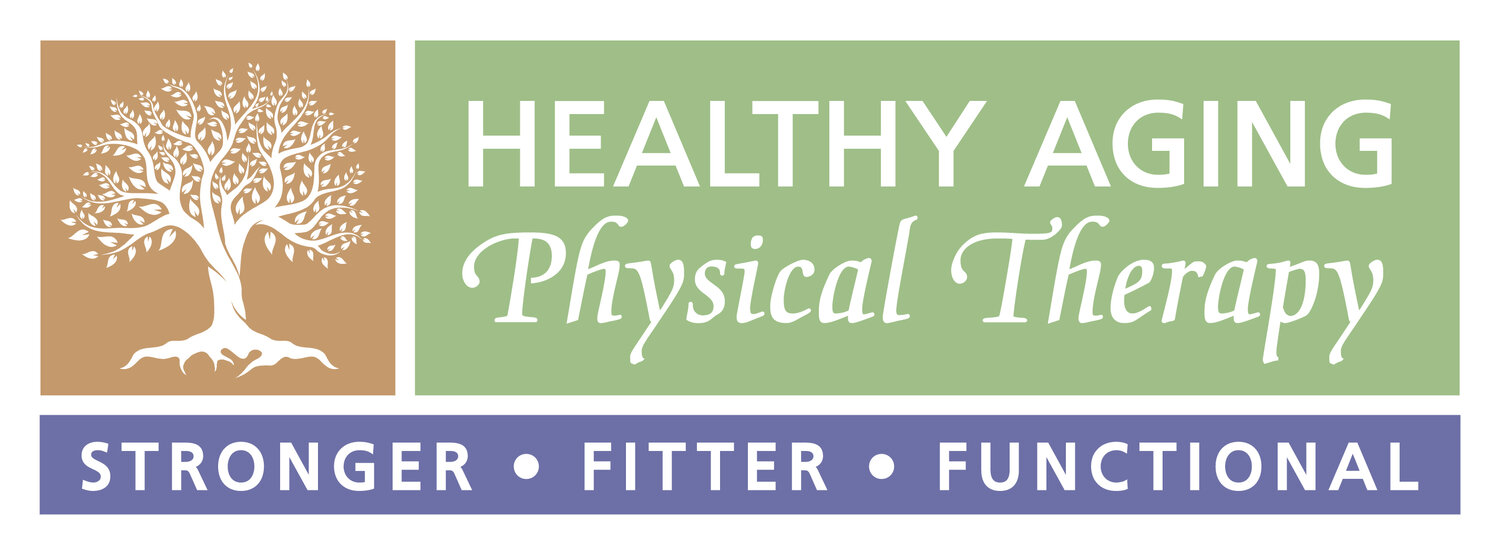5 Tips for Preventing Dehydration and Low Blood Pressure in the Summer:
Summer is here…
Summer came in with a bang this year - a hot bang - and Boston made records for the warmest June on record.
And while summer comes with it’s shares of highs, it also comes with it’s share of lows - Low Blood Pressure, that is!
Here are a couple tips for keeping your blood pressure regulated in the heat:
How do I know if my blood pressure is too low?
Know the Signs: Be familiar with signs of hypotension (low blood pressure). Feeling dizzy or woozy, having tingling in your lips, blurred vision or nausea can all be signs of dropping blood pressure. When blood pressure drops too low, especially when you stand up, can cause you to pass out - or experience Syncope. If you feel any of these symptoms, stop what you are doing and GET LOW. This may mean sitting back down if you have just stood up, or finding a way to lower down to the ground safely.
What do I do if my blood pressure is too low?
Have a Plan: The first thing to do if you feel the signs of low blood pressure is to quickly drink 16 ounces of water. This can help improve your blood pressure by improving your blood volume. The second thing to do is squeeze your muscles. When you do things like ankle pumps, calf raises or squeezing a ball between your thighs, the muscles in your legs put pressure on the veins and help to push the blood back up to your heart. Taking deep, diaphragmatic breaths, also helps to improve blood pressure, so try to take a few of these nice and slow belly-breaths before you stand back up.
How do I keep my blood pressure from getting too low?
Stay Hydrated: Ideally, we should all be drinking about about 3-4 Liters - or about 12-16 cups of water, each day. Our bodies are made up of 70% water and every single system we have relies on water to function properly. Without enough water, we can’t think clearly, may experience muscle cramping and joint pain, and hypotension. Try to drink 1 cup of water when you first wake up, then make sure you have a bottle to sip on throughout the day. Make sure to add extra if you do things that make you sweat, or urinate more (coffee, alcohol, exercise). Don’t be afraid to change it up - if water doesn’t appeal to you, add fruit or other low-sugar flavoring, or try to add more fluid-filled foods like fruit or soups.
Stay Cool: Make sure your home is well-ventilated, using fans or air conditioning as needed. When you go outside, wear loose, breathable clothing, wide-brimmed hats and choose shady, cool spots to spend time in , when you can. Avoid being outdoors in extreme temperatures. Bring water! Sweating can alter your electrolyte balance (sodium and potassium) so make sure to drink even more water if you find yourself sweating outdoors. Wearing things like ice necklaces and personal fans can further help you stay cool in the summer.
Eat Smart: When you eat, your body shunts blood away from your extremities and into your stomach to aid in digestion. The larger the meal, the more blood gets sent that direction. Try to eat smaller, more frequent meals in the summer, focused on proteins, vegetables and fruits when you can. Make sure you get plenty of B-12 rich foods (meats, eggs, fish) which can help improve your iron levels, prevent anemia and keep your blood pressure regulated.
About the Author:
Dr. Katie Wadland, PT, DPT is a Board-Certified Geriatric Clinical Specialist and the Owner and Primary Physical Therapist at Healthy Aging Physical Therapy. Healthy Aging Physical Therapy offers in-home Physical Therapy for older adults living in Melrose, Medford, Arlington, Stoneham, Winchester, Reading, Wakefield and Lynnfield, Massachusetts. She is licensed to practice Physical Therapy in the State of Massachusetts (License #18193). She has over fourteen years of experience working with older adults with musculoskeletal and neurological impairments and advanced training in the care of people with Parkinson’s Disease, Spinal Cord Injury and Stroke.
Click here to learn more about Dr. Katie Wadland, PT, DPT or here to request an evaluation.





